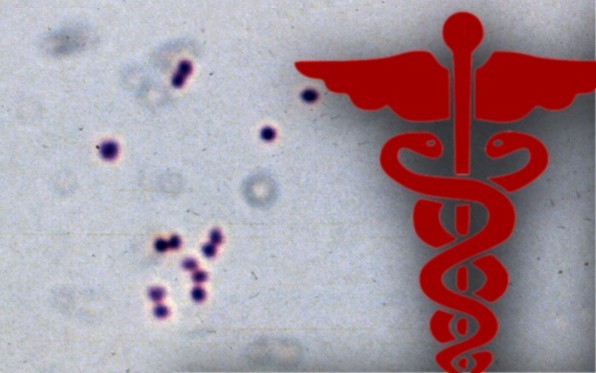 SAN DIEGO–A student at Palomar College has an infection caused by the meningococcal bacteria, the San Diego County Health and Human Services Agency reported.
SAN DIEGO–A student at Palomar College has an infection caused by the meningococcal bacteria, the San Diego County Health and Human Services Agency reported.
The health agency has already notified anyone who was in close contact with the individual that they should receive antibiotics to prevent any possible infection. There were no close contacts reported at the college as the student had attended only one class in the past three weeks. The individual was treated at a local hospital and is improving.
We’ve identified the infection as meningococcus type B, the same serogroup that infected the San Diego State University student who died last week. However, there is no known connection between the two individuals or between this person and the SDSU campus.
“The risk to individuals who have not had close contact with the infected individual is very low,” said Dean Sidelinger, M.D., M.S.Ed., of the County’s Public Health Services. “Meningococcal disease is spread through close contact with the person infected, but others should be aware of the symptoms so that they may seek care if they develop these symptoms.”
Individuals who experience symptoms should seek medical care promptly. Symptoms may include fever, intense headache, lethargy, stiff neck, and a rash that does not blanch under pressure. Anyone with potential exposure who develops any of these symptoms should immediately contact a healthcare provider or emergency room for evaluation of possible meningococcal disease.
The bacteria can be spread through close contact, such as sharing drinking glasses, eating utensils, cigarettes, or water bottles. It can also be spread by kissing, smoking and living in close quarters. The time between exposure to the disease and the onset of symptoms can be between two to 10 days. Individuals who had close contact with the case should receive antibiotics to prevent any possible infection. Preventive antibiotics are not recommended for people who were not in close contact with the case, but they should be aware of possible symptoms and make sure they have received the recommended vaccination against the disease.
A vaccine is available to prevent certain strains of meningococcal disease and is routinely recommended for children and adolescents 11 to 18 years of age. Families are encouraged to make sure their pre-teen and adolescent children are up-to-date on all recommended vaccines, including meningococcal vaccine. To find out more information about vaccine-preventable diseases, visit www.sdiz.org.
There have been seven previous cases of meningococcal disease reported locally in 2014. Last year, there were 16 cases. Since 2005, an average of 11 cases have been reported each year in San Diego County.




